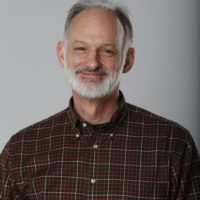With daylight saving time ending Nov. 6, many of us will experience a shift in our sleep that could impact us for a few days or more. But how does the time change affect our health, specifically our circadian rhythms? Circadian rhythms are our biological timekeepers that help us adapt to the daily light and temperature cycles of the earth. These rhythms control myriad mechanisms in the body and mind, and dysregulation of those rhythms can lead to disease. So, what is the science of circadian rhythms, how do we regulate them properly and how does daylight saving time impact these rhythms?
Join Lisa Monteggia as she explores these topics in the next Lab-to-Table Conversation from the Vanderbilt University School of Medicine Basic Sciences. Monteggia, the Barlow Family Director of the Vanderbilt Brain Institute and a professor of pharmacology, is a renowned neuroscientist who is leading brain-related research across the university and medical center through the VBI.
The event will be Oct. 26, 1–2 p.m. CT, and will feature panelists:
- Carl Johnson – Cornelius Vanderbilt Professor of Biological Sciences. Johnson is an expert in circadian rhythms.
- Dr. Beth Malow – Division chief of sleep and professor of neurology at the Vanderbilt University Medical Center. Malow is board certified in neurology and sleep medicine.
- Douglas McMahon – Stevenson Professor of Biological Sciences. McMahon’s research focuses on neural plasticity and the central nervous system related to circadian rhythms.
The event is free, virtual and open to the public. Registration is required.



